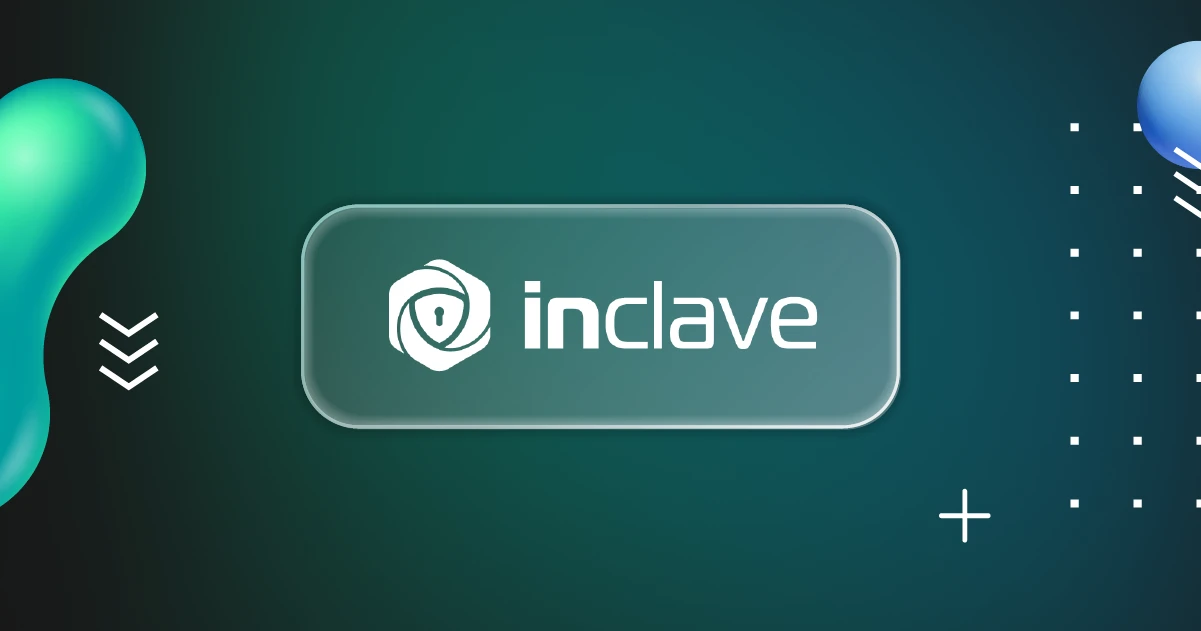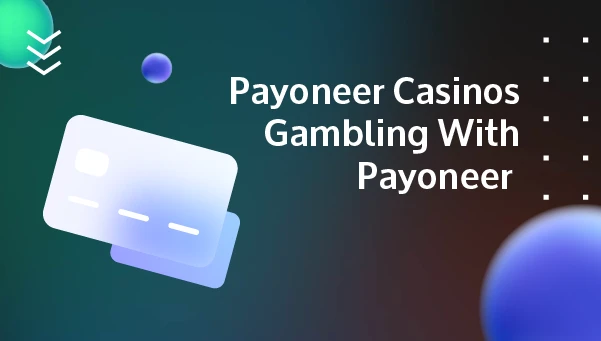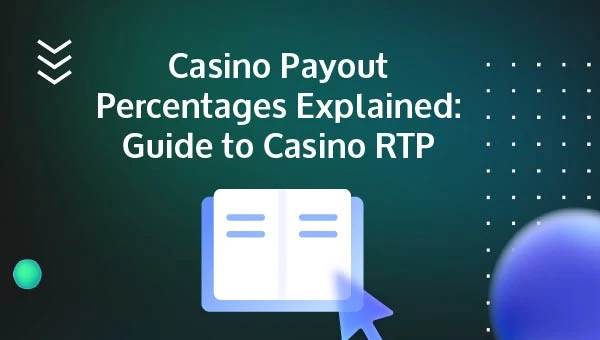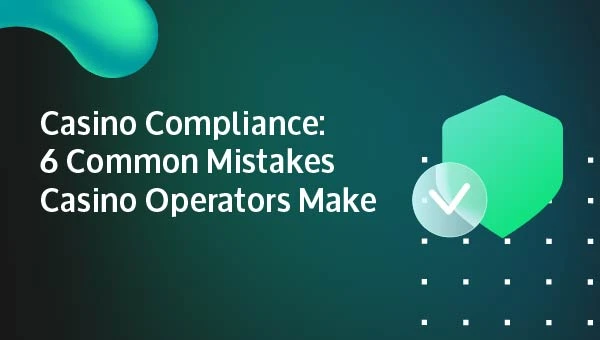Can your bank freeze your account over gambling activity?
In today’s digital gambling landscape, players often forget that the banking system isn’t just a neutral pipeline. Banks are watchdogs too. While most people assume their money’s free to move, unchecked gambling transactions can ruffle more feathers than you’d think, especially when consistent patterns emerge.
The risk of flagged transactions
Banks keep a close eye on repeated activity with gambling operators. When spending becomes frequent, high, or erratic, it may be flagged by automated systems. Sometimes that’s out of genuine anti-fraud concern, but more often, it’s about risk management and regulatory compliance.
A classic red flag? Multiple large deposits within a short period, followed by suddenly empty accounts. Banks don’t like the unknown. If they smell untracked income or suspect that borrowed funds are being used to fund gambling, they may act faster than you can say “reload bonus.” For more on how payment methods can impact this, see this guide on payment methods.
Laws, rules and grey zones
Financial institutions are legally bound under anti-money laundering (AML) and know-your-customer (KYC) obligations. If they suspect your gambling activity strays into money laundering territory, they can and will adopt a ‘freeze-now-ask-questions-later’ approach. I’ve seen it happen dozens of times.
Now, this isn’t about a casual flutter or a weekly sportsbook bet. It’s about volume and consistency. If your gambling resembles a second job and you’re withdrawing larger sums without clear taxable records, expect potential scrutiny.
But is it actually illegal?
No, gambling isn’t illegal, but unmonitored transfers, especially involving third-party platforms, crypto wallets or alternative payment methods like iDebit, can muddy the waters. Banks have no interest in catching you out per se, they just don’t want to be held accountable if something fishy surfaces later.
It’s also worth noting that certain countries treat gambling-related banking as high-risk. That translates to extra checks, slower processing times and yes, even account closures. Not freezes. Closures.
Case studies from the trenches
Years back, I knew a semi-pro blackjack player who ran a steady side income card-counting in legal casinos. He’d deposit his winnings via wire every Monday like clockwork. After his fourth month, his building society account was frozen pending a review. Why? Suspicious patterns. No fraud, no criminal activity, just success that looked a little too regular. He spent three weeks under review, missed several online tournaments, and ultimately had to switch banks. All legal. All preventable.
How to avoid unwanted freezes
The best rule? Transparency trumps cleverness. Keep records. Keep limits. Don’t ping your bank with five grand today and nothing for three months straight. Use established platforms with known payment partners like Brite, which streamline the AML checks directly with regulated casinos.
Avoid mixing business with pleasure accounts. If you’re earning from gambling, treat it like a business, declare it, expense it, log it. Banks may raise eyebrows either way, but preparation makes all the difference.
What banks don’t tell you
They don’t have to inform you before freezing your account. Many people are shocked to find their card declined at checkout with no warning. Most reinstatements come only after days of back-and-forth, ID checks, and even providing proof of earnings. It’s not about trickery, it’s policy.
More than once, I’ve seen players lose bonus eligibility or miss VIP milestones because they couldn’t complete a deposit on time. For context on casino margins and how they operate, have a look at how online casinos make money, then you’ll understand why timing is everything.
Use smarter payment choices
Modern gamblers should explore regulated payment providers built specifically for gambling. Licensed options from trusted sources can handle compliance burdens on your behalf, lowering the chance of bank intervention. Providers listed on PayGamble’s payment methods section are good starting points. They’re not only faster, they’re more discreet. Using dedicated gambling-friendly services reduces the odds your high street bank wades into your business with a heavy hand.
Wrapping up with a word of wisdom
At the end of the day, banks don’t hate gamblers. But they don’t want liabilities, either. If your activity hints at risk they can’t explain, whether from frequency, size, or source of funds, your account quickly moves from asset to problem.
If you’re treating gambling seriously, then protect yourself with the same diligence you’d show in any professional craft. Craft doesn’t come from shortcuts, it comes from both mastery and respect for the systems you’re working within. Don’t learn the hard way. Know the rules, choose the right tools, and keep your play sharp and your books cleaner than a casino’s felt table.

Trisita Aich is a dynamic and passionate iGaming writer who has been making waves in the online gambling industry with her captivating words. With a…
More info on Trisita Aich









